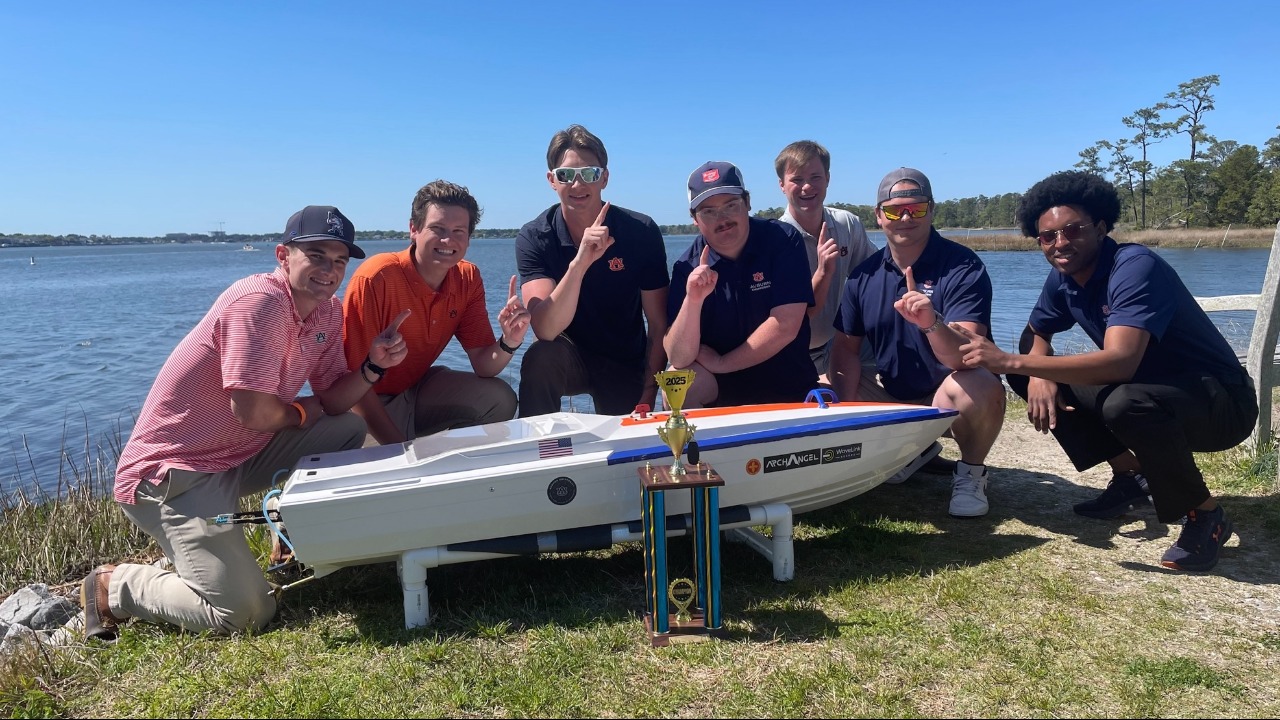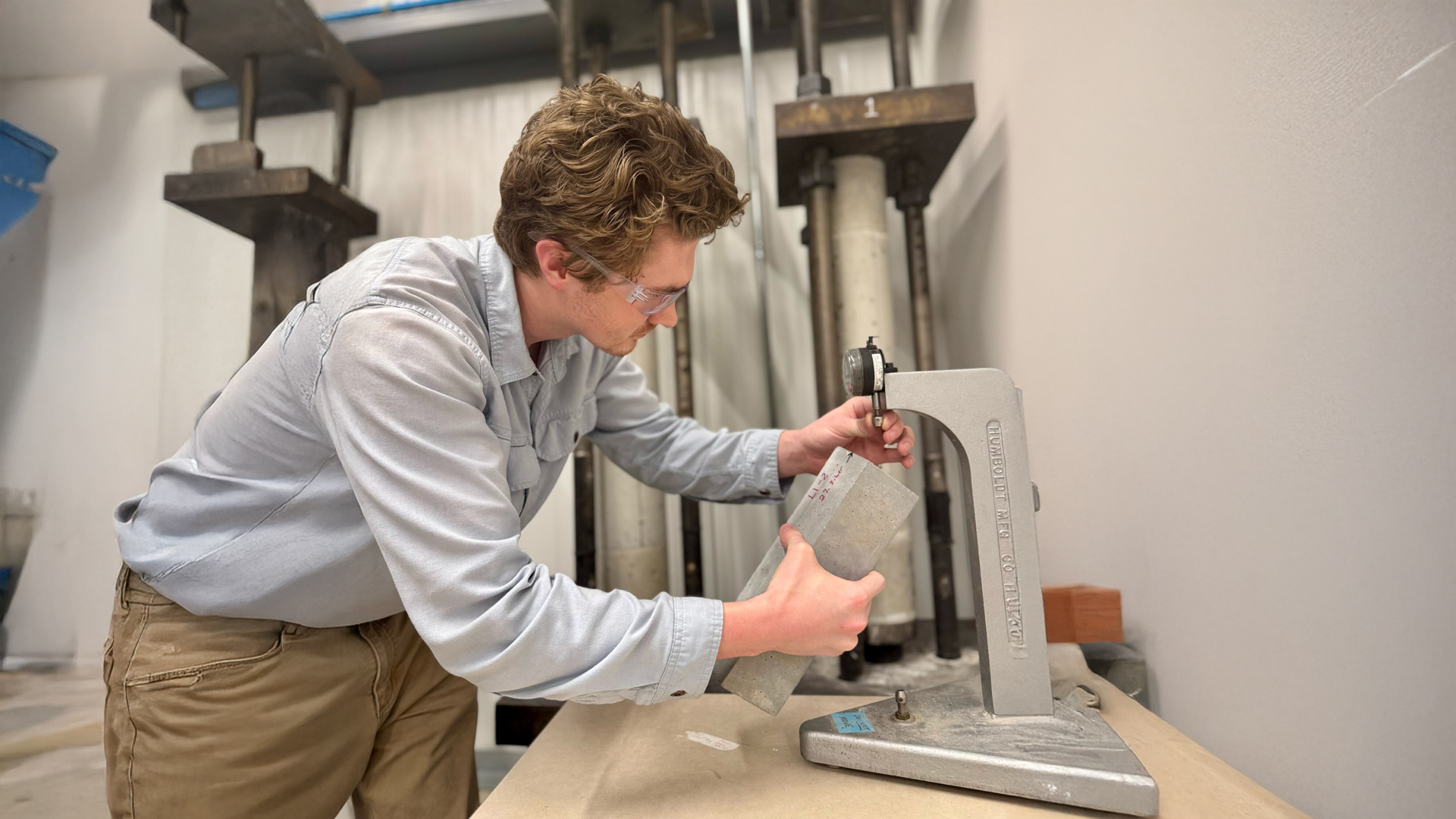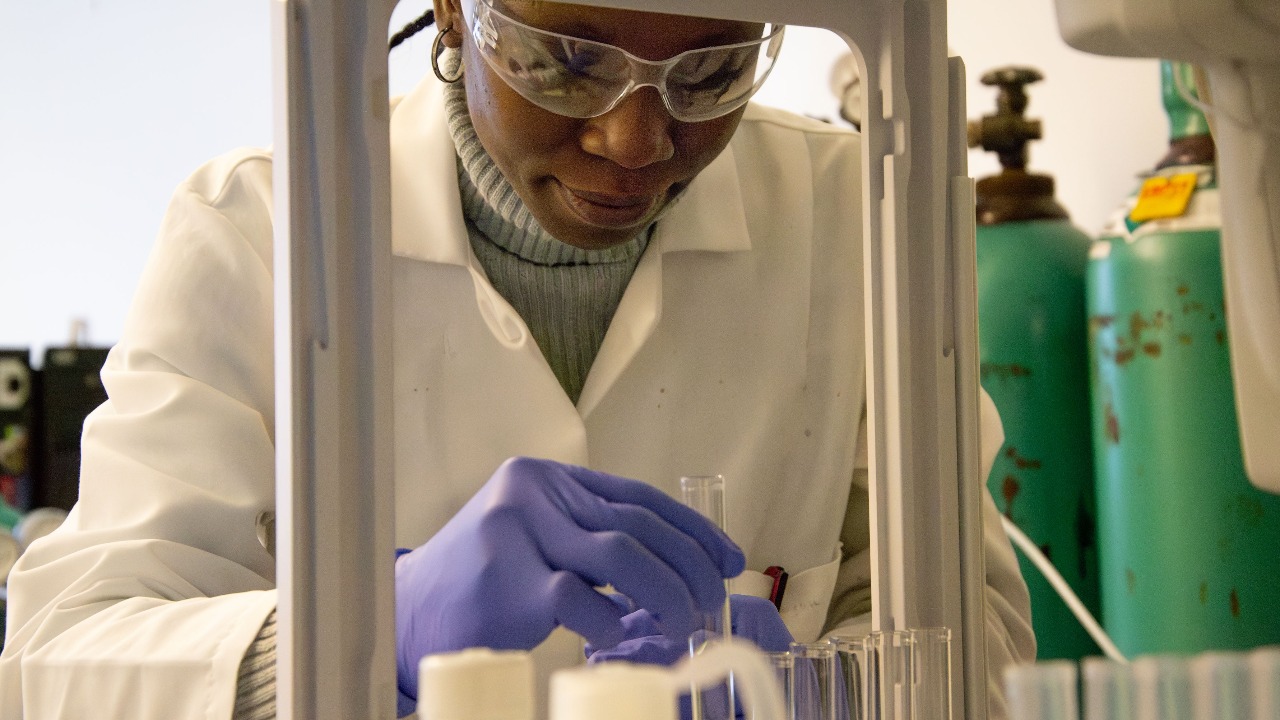Auburn senior design team sets record in national naval engineering race
Published: Apr 29, 2025 1:00 PM
By Jeremy Henderson
Henry Kendall isn't just saying it because that's what you say when you're an Auburn student. He's saying it because it's true. He was asked about what went into his team placing first in the American Society of Naval Engineers' annual Promoting Electric Propulsion Competition in Virginia Beach, and he answered. The secret to Auburn's speed? Auburn's Creed.
"The third sentence of the Creed mentions training your mind and hands to work skillfully. That's what Auburn has done for me," said Kendall, team lead for the group of six mechanical engineering seniors who selected construction of an entry in the competition as their capstone project. "The concepts and skills, and there are a lot of them, that I learned here — that our team learned here — were applied over the course of this project."
He's talking about the skills you need for things like sponsor acquisition; electronics and cooling implementation; weight distribution and sealing; power train and controls; vessel fluid dynamics, rudder design; and system integration and manufacturing — the kind of skills necessary for advancing the Navy's possible adoption of electric propulsion technologies. And none of the other 41 teams in the national competition — not the SEC schools, not the Ivy League school — applied them better.
Kendall and fellow team members Wilson Coger, Banks Murdock, Joe Nashold, Jacob Nichols and Scott Ismert were tasked with building an uncrewed boat with an electrical propulsion system capable of carrying a minimum payload of 30 pounds over a two-mile course. The team’s boat —Nova — finished with the day's fastest time: 5 minutes and 28 seconds, boat racing the next closest contender in the 41-team competition by more than a minute, setting a new record for average in the process.
"It is a robust, reliable, safe system — and it’s fast," Kendall said. "We've been taught that practical application is often more dependable than a simulation. That led us to perform a lot of iterative testing and design edits. We created detailed procedures for how to set the boat up before a run. That helped us."
David Edmondson, a graduate teaching assistant in the college's Senior Design Lab, agrees.
"They were one of the only teams that were able to complete a two-mile run successfully with a working prototype, which meant they could come up with solutions for their potential failure points in time to give them a confidence boost going into the competition," said Edmondson, who advised the team along with mechanical engineering faculty members Jordan Roberts and Kyle Schulze. "To come out on top means that these young men have done very well to successfully apply the engineering skills they’ve developed here at Auburn, as well as the discipline and teamwork necessary to not just make a competition boat, but a competition winning boat."
So, how's it feel seeing hard work pay off? To win the respect of their fellow men?
Fantastic, Kendall said — and humbling.
"A lot of time and effort went into building something that we're all very proud of," he said. "Winning was definitely a nice cherry on top of this year, but Auburn has and will continue to produce great engineers and I think we're all proud to be in their ranks come May.
"When I was a freshman, they handed out pocket versions of the Auburn Creed. I still keep mine in my wallet,"
He doesn't plan on taking it out any time soon.

A team of Auburn mechanical engineering seniors pose with their capstone project, Nova, which took first place in the American Society of Naval Engineers' annual Promoting Electric Propulsion Competition. From left: Joseph Nashold; Scott Ismert; Henry Kendall; Banks Murdock, Wilson Coger, and Jacob Nichols and team advisor David Edmondson.







